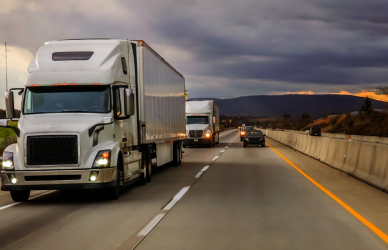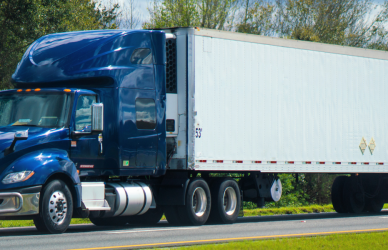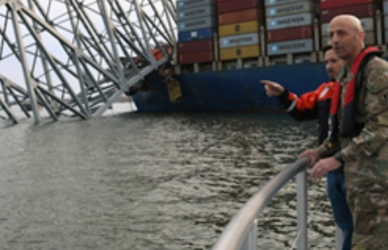In anticipation of the upcoming total solar eclipse on April 8, which will span from Texas to Maine, several state transportation departments are advising truckers to consider avoiding travel on the roads due to expected severe traffic disruptions caused by people traveling to view the astronomical event.
During the 2017 total solar eclipse, millions of people flocked to states with prime viewing locations, resulting in congested roadways. To minimize potential traffic congestion headaches, transportation officials are sharing plans and guidance for truckers, especially considering that up to 3.7 million people are anticipated to travel to view the eclipse this time around.
For instance, the Arkansas Department of Transportation foresees 1.5 million visitors traveling to the state to witness the eclipse, along with 500,000 Arkansans traveling within the state to experience the path of totality. Officials are concerned that traffic could be so intense that it may significantly impact freight vehicles’ productivity, prompting them to suggest truckers voluntarily refrain from traveling on that day.
Similarly, the Indiana Department of Transportation is preparing for an influx of eclipse enthusiasts by asking truckers to complete their loads on either April 7 or April 9. Vermont’s transportation department is also advising truckers to avoid driving on April 8 or 9.
“Freight movement is a 24/7 operation,” said Gary Langston, Indiana Motor Truck Association president and CEO. “Everything that we all have at some point moves on a truck, so to say let’s shut it all down and wait for people to watch the eclipse and move after just isn’t realistic.”
Despite these recommendations, it remains uncertain how many truckers will choose to alter their plans. However, truckers’ expertise in navigating challenging driving conditions daily may help them navigate eclipse-related traffic effectively.
In Indiana, which expects hundreds of thousands of visitors, authorities have decided to halt superloads during the eclipse due to resource constraints, a decision supported by researchers who studied the impact of the 2017 eclipse on traffic.
“The last thing a truck driver wants to do with a load of freight is be caught in gridlock traffic,” Langston said. “That’s one of the most expensive costs to the freight industry.”
Shannon Newton, president of the Arkansas Trucking Association, acknowledges the challenges posed by the eclipse but emphasizes the need for truck drivers to anticipate delays and manage customer expectations.
Overall, transportation departments emphasize the importance of preparedness for all drivers, including truckers, and advise against pulling over on the side of the road to view the eclipse. Given the potential for out-of-this-world traffic, states are urging visitors to plan ahead, arrive early, and stay late to avoid congestion similar to that experienced during the 2017 eclipse.
“In the hours immediately following totality, almost every Interstate route passing through the path of totality showed red on Google Traffic maps,” Upchurch wrote in 2018.
Source: Freightwaves











